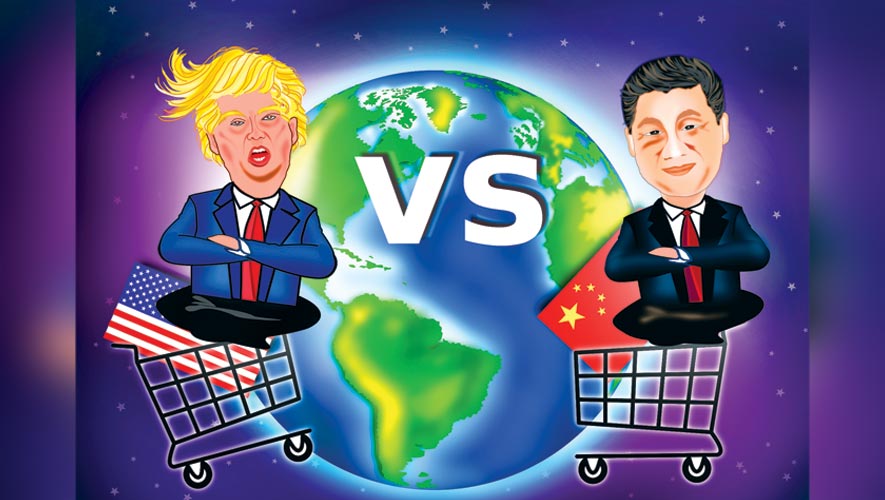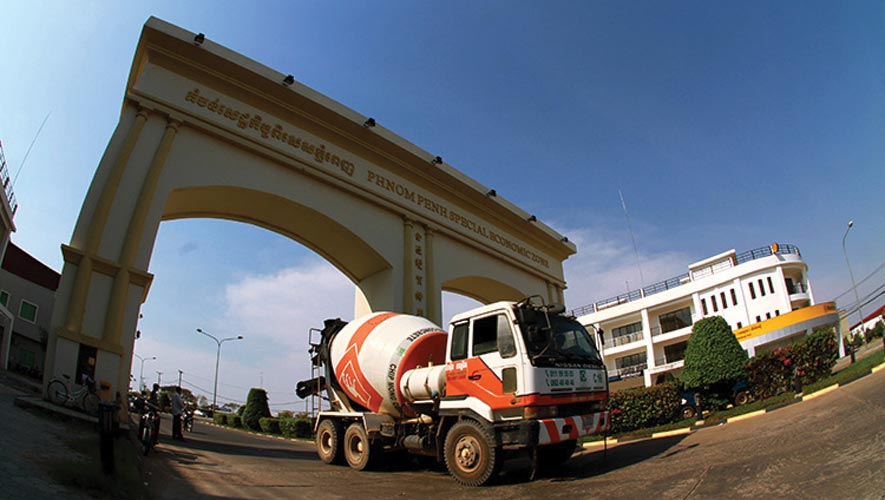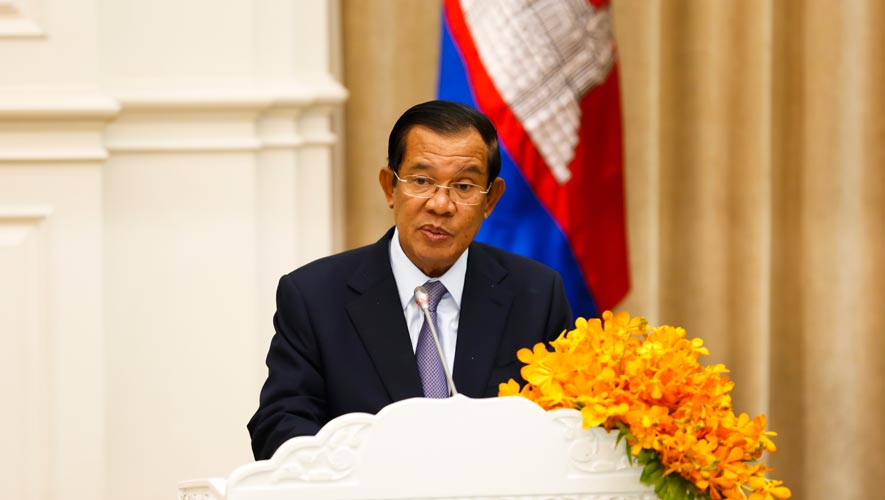Held in the historic Millennium Biltmore Los Angeles hotel, the 2019 China-California Business Forum featured a bustling crowd of U.S. business owners and government representatives, as well as a host of Chinese business delegates from eight provinces and municipalities.
For the latest Cambodian Business news, visit Khmer Times Business
American attendees mingled with senior Chinese investment delegates, getting the inside scoop from experts on the trends and opportunities in cross-border business.
The forum is an important opportunity for American start-up companies to engage with their Chinese counterparts on a “level playing field,” Michael Swords, vice president of government relations for the Los Angeles Clean-Tech Incubator, said.
“CALIFORNIA IS NUMBER ONE”
Through breakout panels and convention-style displays, attendees were connected with valuable strategic and business resources designed to help American business owners implement their future ‘go-to-market’ strategy for China.
Keynotes were given by a number of prominent government officials, including California’s Lieutenant Governor Eleni Kounalakis and Minister Zhu Hong from Chinese Embassy in the United States.
Kounalakis set the stage for recognizing the importance of the China-California relationship by reminding attendees that California has the fifth largest economy in the world and is the economic driver for the entire U.S. economy, outperforming the rest of the country in many sectors.
“California is number one in manufacturing and controls 11.4 percent of the nation’s manufacturing output,” she said. “And we are number one in agriculture as well.”
“And every day, 1 billion U.S. dollars worth of goods flow through the Ports of LA and Long Beach alone — the largest port complex in the country. 30 percent of U.S. exports and 40 percent of imports come through California ports,” she said.
Trade is a key economic engine for the United States, reported the Washington D.C.-based trade research and consulting firm Trade Partnership Worldwide. The company said 20 percent of the California workforce is supported by foreign trade, while an estimated 36 million jobs, or one in five jobs in the United States — are linked to exports and imports in some way.
HOPES AMID DISPUTES
Zhu, with a wry sense of humor, said he was delighted to visit “cool” California to escape the “extremely hot” atmosphere of Washington, D.C.
Acknowledging California as the “gateway to the Pacific Ocean and the window to China as well as the Asia-Pacific region,” he pointed out that over 60 percent of the containers from the Ports of LA and Long Beach are connected to trade with China.
In recognition of the immense importance of the China-California relationship, China’s Ministry of Commerce and the State of California established in 2013 the Joint Working Group of Trade and Investment Cooperation between Chinese provinces and the U.S. Golden State, the first one of its kind between the two countries.
Kounalakis disclosed that while U.S. trade policy is mandated on the federal level, “California’s new governor, Gavin Newsom, has made it a priority to engage in the world around us and amplify the voice of our state on the world stage.”
“California will continue to work to develop relationships and programs to promote trade and investment with China,” she promised, pointing out that China invested more in California than it did in any other state.
As a former U.S. ambassador, she acknowledged that a substantial part of international diplomacy is about “keeping open lines of communication and investing time and effort into relationship building.”
Acknowledging that differences exist, Zhu said the escalation of trade tensions have raised doubts and concerns about the future China-U.S. economic and trade relations.
He lamented that the U.S. side has “repeatedly broken the consensus, persisted with exorbitant demands, and kept ignoring China’s concerns.”
But he assured assembled business leaders that however severe the situation becomes, China will not close its door. Instead, China would work harder to ensure the implementation of related opening-up policies as well as a series of important reforms.
“Whether China and the United States can reach a trade agreement or not, China will continue to open up to the outside world following its own needs and at its own set pace,” he said.
Calling California “the innovation capital of the world,” the minister encouraged local leaders of science and technology to “use their own judgement on the importance of strengthening scientific and technological cooperation and protecting the integrity of the supply chain.”
The lieutenant governor closed her keynote with the hope that “our guests return home with new partners, friends and ideas to expand and develop a relationship between China and California.”
The minister shared her optimism. “In a highly interconnected world, China and the United States are riding in the same boat. Our economies are highly integrated, our interest, closely interwoven, our future, deeply connected. In this regard, cooperation is the only right choice for both sides.” (Xinhua)




